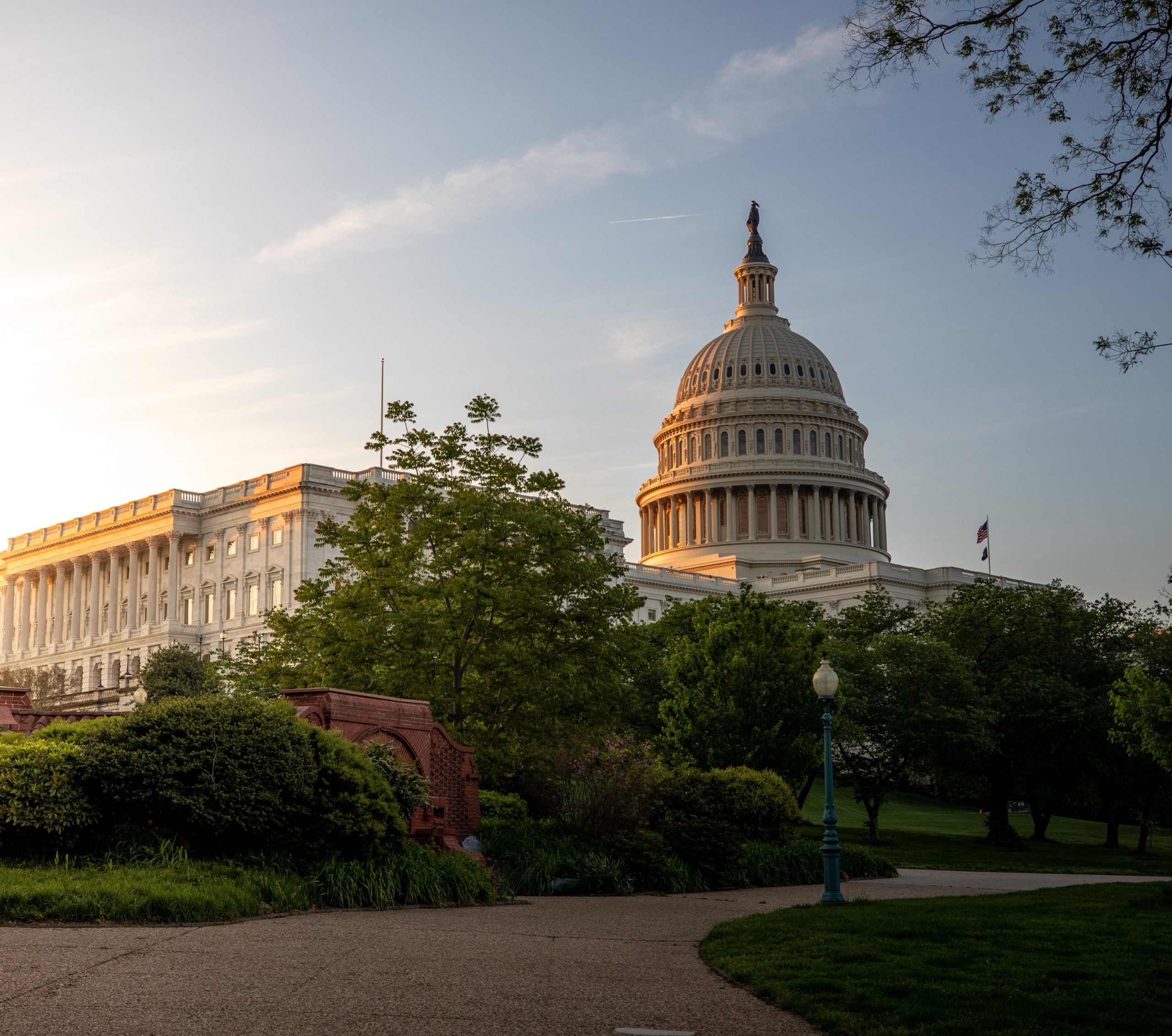In today’s globalized world, countries are more interconnected than ever before. The rise of international trade, communication, and transportation has made it easier for people, goods, and ideas to move across borders. While globalization has brought many benefits, it has also created challenges for governments and their role in international relations.
The traditional view of government’s role in international relations is that it is primarily focused on protecting the national interest. This includes maintaining national security, promoting economic growth, and advancing political and social values. However, globalization has made it more difficult for governments to achieve these goals in isolation. With the rise of global issues such as climate change, terrorism, and economic inequality, countries are increasingly dependent on each other for solutions.
One way in which globalization has impacted government’s role in international relations is by creating new avenues for cooperation and competition. For example, the growth of international organizations such as the United Nations and the World Trade Organization has enabled countries to work together on issues that transcend national borders. At the same time, globalization has also intensified competition between countries for resources, markets, and talent.
Another way in which globalization has impacted government’s role in international relations is by challenging the traditional boundaries of national sovereignty. As globalization has made it easier for people and ideas to cross borders, it has also made it more difficult for governments to control what happens within their own borders. For example, the rise of social media has enabled citizens to organize and communicate across national boundaries, challenging the authority of governments.
Despite these challenges, globalization has also created opportunities for governments to play a more active role in international relations. For example, governments can use their power to regulate international trade and investment to promote their national interests and values. They can also work with other countries to develop and implement solutions to global problems such as climate change.
However, to effectively respond to the challenges and opportunities of globalization, governments must be willing to adapt and change. This may involve rethinking traditional notions of national sovereignty, engaging in new forms of international cooperation, and embracing new technologies and social trends.
In conclusion, globalization has had a profound impact on government’s role in international relations. While it has created new challenges for traditional notions of national sovereignty and competition, it has also created new opportunities for cooperation and collaboration. To effectively respond to the challenges and opportunities of globalization, governments must be willing to adapt and change, and embrace the new realities of the globalized world.




